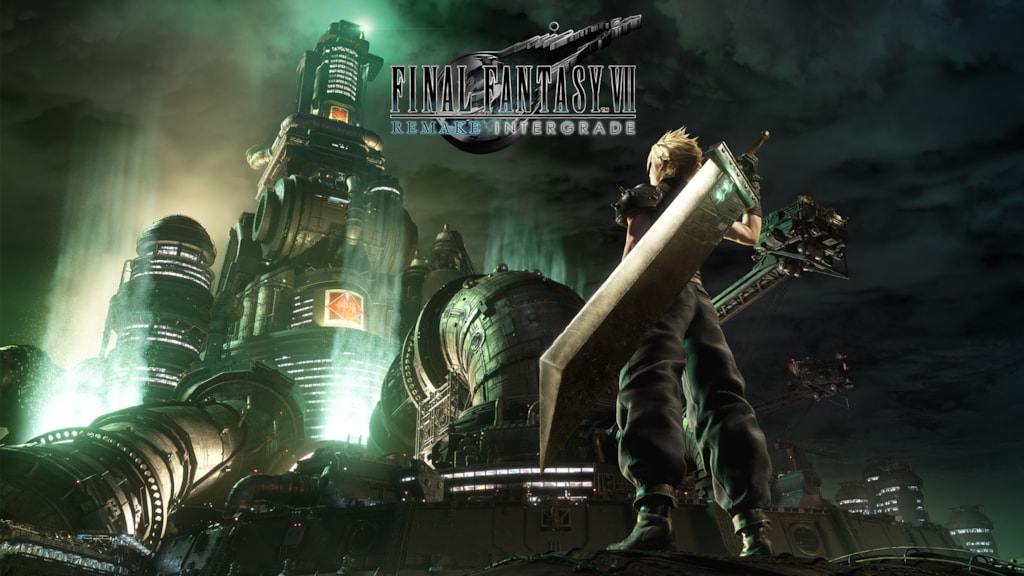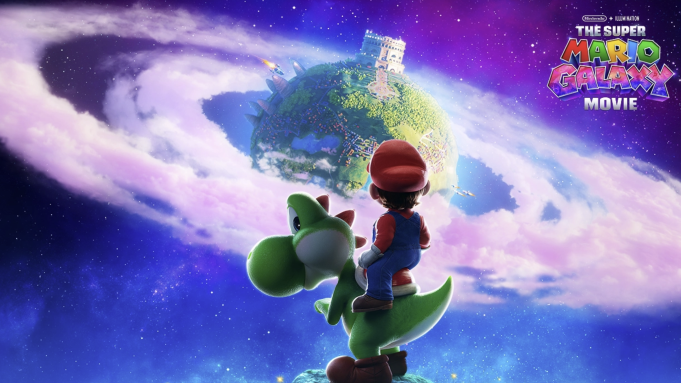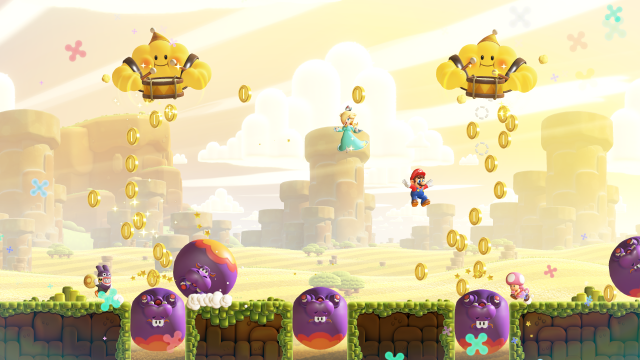OpenAI’s recently launched video generation application, Sora 2, has quickly become a focal point of conversation within both the technology and gaming communities, especially among Nintendo fans.
The powerful AI-driven tool—designed to let users generate complex video content—has been in the spotlight due to an influx of user-created videos featuring high-profile Nintendo characters such as Mario, Link, and Pikachu.
This has reignited long-standing debates around the use of copyrighted materials and the responsibilities of platform providers. Since its debut, Sora 2’s video feed has seen a surge of Nintendo intellectual properties (IPs) in creative—and at times controversial—scenarios.
On platforms like X (formerly Twitter), thousands of clips circulate depicting iconic Nintendo figures inserted into historical events or remixed into famous movie scenes, such as Pikachu participating in World War II beach landings or Mario starring in parodies of beloved franchises.
These user-generated videos have been widely shared, fueling discussions about copyright law and the limits of AI innovation. Highlighting the intensity of the issue, video game news outlets like Nintendo Life have compiled extensive lists of these viral social media posts, demonstrating the sheer scale at which Nintendo IPs are being used within Sora 2.
However, a critical detail has come to light: Sora 2 operates under an opt-out policy when it comes to copyrighted content.
This means that, rather than preemptively blocking protected material, OpenAI places the onus on rights holders—such as Nintendo—to initiate contact and formally request their IP be removed from the platform’s database. This approach has raised significant concern among industry observers and legal experts.
In a clear, journalistic summary of the sentiment expressed by users and commentators, many argue that this opt-out framework appears to skirt traditional copyright protection mechanisms, exposing OpenAI to potential litigation.
As one industry analyst phrased it, the overwhelming presence of Nintendo characters in Sora 2’s output is practically inviting legal action, particularly given Nintendo’s well-documented history of defending its intellectual property through the courts. Indeed, Nintendo is renowned within the gaming industry for its rigorous legal defense of its franchises, from Mario to Pokémon.
In recent years, the company has pursued lawsuits against parties using its characters in unauthorized ways, including actions targeting AI-generated images.
With Sora 2’s current policy, legal experts suggest it's unlikely that Nintendo will let this surge in unlicensed video content go unchallenged. OpenAI is already facing multiple lawsuits pertaining to the use and distribution of copyrighted material by its AI models, and the growing prevalence of Nintendo franchises in Sora 2 content may further complicate the company’s legal standing.
In light of Nintendo’s proactive legal approach, it remains to be seen how OpenAI will respond to demands from rights holders or whether the Sora 2 platform will adapt its policies to address these issues directly. As of today, Sora 2 continues to operate and can be downloaded via supported platforms.
However, the ongoing scrutiny from Nintendo and other major entertainment companies underscores the broader challenges facing generative AI technology as it intersects with copyright law.
For now, the future availability of fan-made Nintendo video content on Sora 2 remains uncertain, as both the tech and game industries watch closely for the next legal development.
The powerful AI-driven tool—designed to let users generate complex video content—has been in the spotlight due to an influx of user-created videos featuring high-profile Nintendo characters such as Mario, Link, and Pikachu.
This has reignited long-standing debates around the use of copyrighted materials and the responsibilities of platform providers. Since its debut, Sora 2’s video feed has seen a surge of Nintendo intellectual properties (IPs) in creative—and at times controversial—scenarios.
On platforms like X (formerly Twitter), thousands of clips circulate depicting iconic Nintendo figures inserted into historical events or remixed into famous movie scenes, such as Pikachu participating in World War II beach landings or Mario starring in parodies of beloved franchises.
These user-generated videos have been widely shared, fueling discussions about copyright law and the limits of AI innovation. Highlighting the intensity of the issue, video game news outlets like Nintendo Life have compiled extensive lists of these viral social media posts, demonstrating the sheer scale at which Nintendo IPs are being used within Sora 2.
However, a critical detail has come to light: Sora 2 operates under an opt-out policy when it comes to copyrighted content.
This means that, rather than preemptively blocking protected material, OpenAI places the onus on rights holders—such as Nintendo—to initiate contact and formally request their IP be removed from the platform’s database. This approach has raised significant concern among industry observers and legal experts.
In a clear, journalistic summary of the sentiment expressed by users and commentators, many argue that this opt-out framework appears to skirt traditional copyright protection mechanisms, exposing OpenAI to potential litigation.
As one industry analyst phrased it, the overwhelming presence of Nintendo characters in Sora 2’s output is practically inviting legal action, particularly given Nintendo’s well-documented history of defending its intellectual property through the courts. Indeed, Nintendo is renowned within the gaming industry for its rigorous legal defense of its franchises, from Mario to Pokémon.
In recent years, the company has pursued lawsuits against parties using its characters in unauthorized ways, including actions targeting AI-generated images.
With Sora 2’s current policy, legal experts suggest it's unlikely that Nintendo will let this surge in unlicensed video content go unchallenged. OpenAI is already facing multiple lawsuits pertaining to the use and distribution of copyrighted material by its AI models, and the growing prevalence of Nintendo franchises in Sora 2 content may further complicate the company’s legal standing.
In light of Nintendo’s proactive legal approach, it remains to be seen how OpenAI will respond to demands from rights holders or whether the Sora 2 platform will adapt its policies to address these issues directly. As of today, Sora 2 continues to operate and can be downloaded via supported platforms.
However, the ongoing scrutiny from Nintendo and other major entertainment companies underscores the broader challenges facing generative AI technology as it intersects with copyright law.
For now, the future availability of fan-made Nintendo video content on Sora 2 remains uncertain, as both the tech and game industries watch closely for the next legal development.






